Description
Camel Milk Powder
10 Reasons You Should Start Drinking Camel Milk
1. It’s Nutritious
Animal milks are an important source of energy, protein, calcium, riboflavin, vitamin B12, pantothenic acid, and many other essential nutrients.
Although cow’s milk is ubiquitous in the Western world, the milk from camels has been enjoyed for centuries by Middle Eastern, North African, and Asian cultures. Adapted to ensure the survival of baby camels in harsh desert environments, camel milk is higher in calcium, thiamine, niacin, iron, potassium, copper, and manganese than cow milk, while containing three times the vitamin C. It is also lower in calories, saturated fat, and sugars than the bovine variety.
2. It Promotes Relaxation
GABA – or gamma-Aminobutyric acid – is an amino acid and inhibitory neurotransmitter found in the brain. It is responsible for reducing the number of neurons firing in the brain, which promotes relaxation and sleep while easing anxiety.
Although GABA can be purchased as a supplement, it can also be sourced naturally in camel milk. Both goat milk and camel milk have significantly more GABA than cow or human milks, but camel milk was found to be more efficient in activating GABA receptors than goat milk, making it much more easily absorbed by the body.
3. It’s Rich in Unique Proteins
In analyzing milk from the one-humped camel, researchers discovered it contained more than 200 proteins – some of which are entirely unique to camel milk. Although more study on these heretofore unknown proteins and peptides is needed, the study’s authors note that these bioactive compounds may have antioxidative, antimicrobial, antithrombotic, and antihypertensive properties.
4. It Lowers Blood Sugar Levels
For type 1 diabetes sufferers, drinking camel milk offers a natural way to improve blood sugar levels while significantly reducing the need for daily doses of insulin. The study, which followed 24 patients with type 1 diabetes for two years, found that those who drank 500 ml of camel milk each day had decreases in mean blood glucose and hemoglobin A1c levels. Although all 12 patients who received camel milk had less need for insulin injections, three members of this group were able to bypass insulin doses entirely.
5. It’s a Safe Substitute for Milk Allergies
Unlike cow and sheep milk, camel milk doesn’t contain beta-lactoglobulin or A1 casein – the two proteins responsible for allergic reactions. A study, published in 2011, put this theory to the test and found that 80% of children who were given skin prick testing using camel milk had no negative reaction and were able to consume it safely.
Those with lactose intolerance, too, may benefit from drinking camel’s milk according to a preliminary trial published in 2010. Of the 25 lactose intolerant patients in the study, only two had a mild reaction from drinking camel milk while the rest had no adverse reaction at all.
6. A Possible Cure for Severe Food Allergies
Not only is camel milk well-received by people who have milk allergies or an intolerance, its unique inflammation-inhibiting proteins and hypoallergenic properties may account for the surprising results of a small Israeli study.
Published in Immunology and Allergies, the study involved eight children with extreme food allergies –all of whom endured vomiting and diarrhea after eating, as well as skin rashes, asthma symptoms, and lactase deficiencies. Once given camel milk to drink, all children showed diminished symptoms within 24 hours and after four days were completely asymptomatic. After two weeks of the camel milk diet, the kids were in much better health and able to digest foods they were previously unable to eat.
7. It May be a Viable Therapy for Autism
Although still poorly understood, it is believed that autism spectrum disorder may be caused by a number of factors, including genetics, environment, immune function, the makeup of chemicals in the brain, and a phenomenon called oxidative stress.
When free radicals outnumber a cell’s antioxidant capacity, cells in the body cease to function normally. Oxidative stress in the brain and blood results in fewer brain cells, which has been linked to the development of several neurological diseases such as Parkinson’s disease, Down syndrome, Alzheimer’s disease, schizophrenia, bipolar disorder, and autism.
In an attempt to ease oxidative stress in autistic children, researchers chose camel milk because of its exceptional antibacterial, antiviral, and immunological properties, as well as its increase in vitamin C and other antioxidants as compared with cow’s milk. The studyinvolved 60 autistic children who consumed 500 ml of camel milk daily for two weeks.
Before and after the camel milk treatment, researchers tested the subjects’ blood samples to measure several enzymes that protect against oxidative damage. They found that consuming camel milk increased the concentration of antioxidant protection. Additionally, parents of the children in the study were tasked with filling out the Childhood Autism Rating Scale (CARS) based on their observations of their child’s behavior. After the trial period of two weeks, the CARS score had also improved after a diet of camel milk.
8. It Boosts the Immune System
The protective enzymes found in camel milk – lysozymes, immunoglobulins, lactoferrin, and lactoperoxidase, to name a few – have antibacterial and antiviral properties that promote the body’s natural defenses. Tested against several pathogens, camel milk acted as a bactericide against E. coli and Salmonella while it was able to prevent further growth of Staphylococcus aureus. Researchers also found that camel milk contains antibodies that can help the body fight against rotavirus.
9. It’s Good for the Heart
Eating a balanced diet and exercising every day is the most recommended way to maintain good cardiovascular health. But if you happen to have a habit of enjoying fatty, cholesterol-rich foods, adding camel milk to your diet could help reduce the risk of heart attack and stroke.
In exploring ways to mitigate steatohepatitis (a type of fatty liver disease), lipid peroxidation (free radical damage that is the precursor for a slew of diseases), and insulin resistance, scientists fed lab rats a high fat, high cholesterol diet, along with camel’s milk.
After eight weeks, the effects of drinking camel milk included a reduction of fat and inflammation in the liver, an increase of the antioxidants glutathione and catalase, the decrease of compounds that cause oxidative stress, and improved HDL cholesterol, the “good” cholesterol.
10. It’s Better for the Environment
Camels are truly extraordinary creatures. Evolving over 50 million years in hot and arid climates, camels are able to withstand extreme temperatures and long periods without food or water – conditions which would surely kill most other animals.
Dairy cows, on the other hand, take up an ample share of natural resources: they need lots of fresh water and each lactating cow eats 100 pounds of food each day. Dairy farms contribute to climate change by polluting rivers and streams, generating greenhouse gases, and the need for large grazing areas often leads to soil erosion and deforestation.
Camel farming is far more sustainable. Camels can go without water for several days and graze a variety of vegetation – from cacti to trees – with little impact on flora biodiversity. Their soft feet allow them to walk over pastures without damaging the soil, and their manure increases soil fertility and seed germination better than cows and other ruminants.
Additional Benefits of Camel Milk
Camel milk benefits newborns and children. It is the closest in terms of composition to a mother’s milk. In many countries in the Middle East and North Africa, camel milk is used to feed malnourished children. Although we recognize that breastfeeding is important for optimal infant and child health and development. We share this view, and we recommend that you consult your health care provider when you are considering changing any aspect of a child’s diet.
At Desert Farm our network of small family farms have worked hard to provide you with nature’s most wholesome dairy beverage.
Drinking camel milk benefits the human body in many ways. And, best of all, camel milk is delicious.
Description
Freze dired camel milk powder is a rich source of nutrients.
Aadvik’s camel milk powder is made from pure and fresh camel,
Milk soured from the deserts to ensure that the highest quality
Of camel milk is delivered.
Freze dried powder is 100% natural and has all the nutritional
Value of authentic camel milk intact. It is easy to store and handle.
Camel milk is richer than cow’s milk in calcium iron & vitamin c.
Camel milk can be consumed by lactose inmoothies and other healthy
Drink from it.
tolerant people &
those allergic to cow’s milk. Camel milk is easy to digest.
You can drink plain make ice cream, s
Make a glass of camel milk
Add warm water (one glass approx 200 ML) in a bottle followed
By table spoon of camel milk powder. Mix it with a blender or
Shake it will before pouring the milk in a glass.
As an inherent characteristic of any freeze dried powder,
a few particles may not dissolve entirely but nutritional
value will remain intact
Nutrition Facts
Parameter Unit Result
| Energy | K cal/100g | 526 |
| Protein | % | 21 |
| Carbohydrate | % | 36 |
| sugar | % | 19 |
| Fat | % | 33 |
| Saturated fat | g/100g | 19 |
| Trans fat | g/100g | 0 |
| Vitamin c | Mg/100 | 29 |
| Iron | Mg/100 | 1 |
| Calcium | Mg/100 | 1099 |
Additional information
| Weight | 235 g |
|---|
Brand
Aadvik foods and products pvt ltd
You must be logged in to post a review.

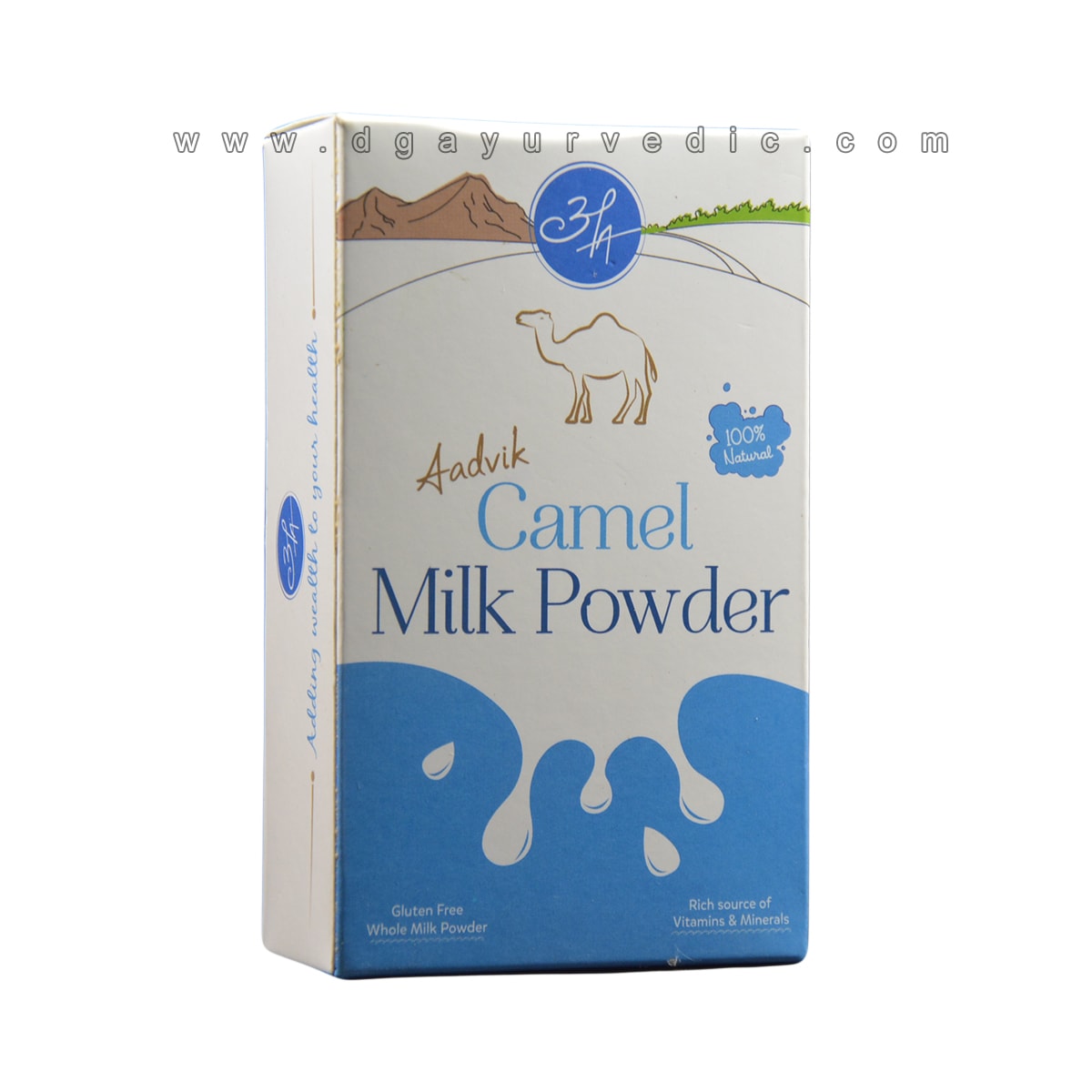
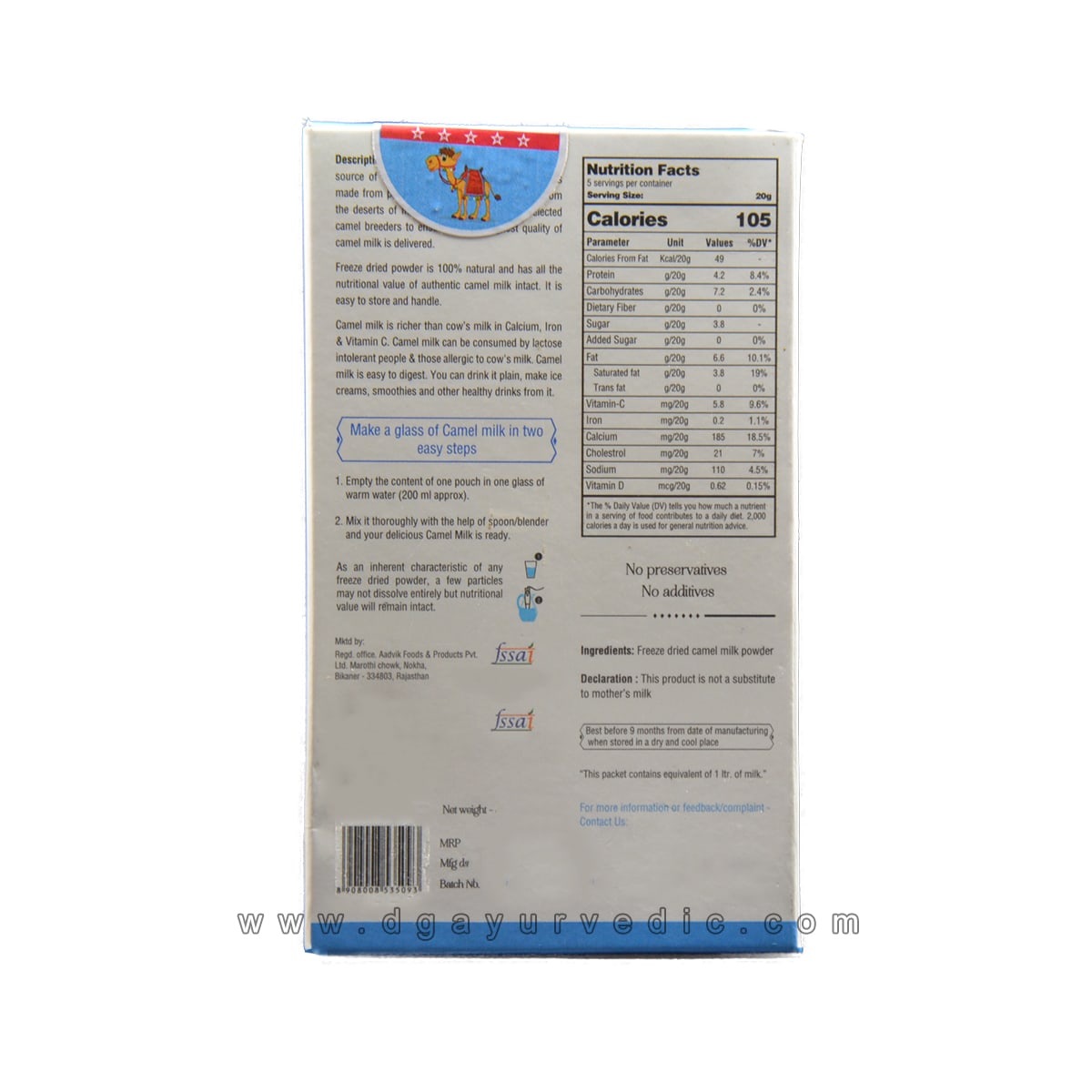
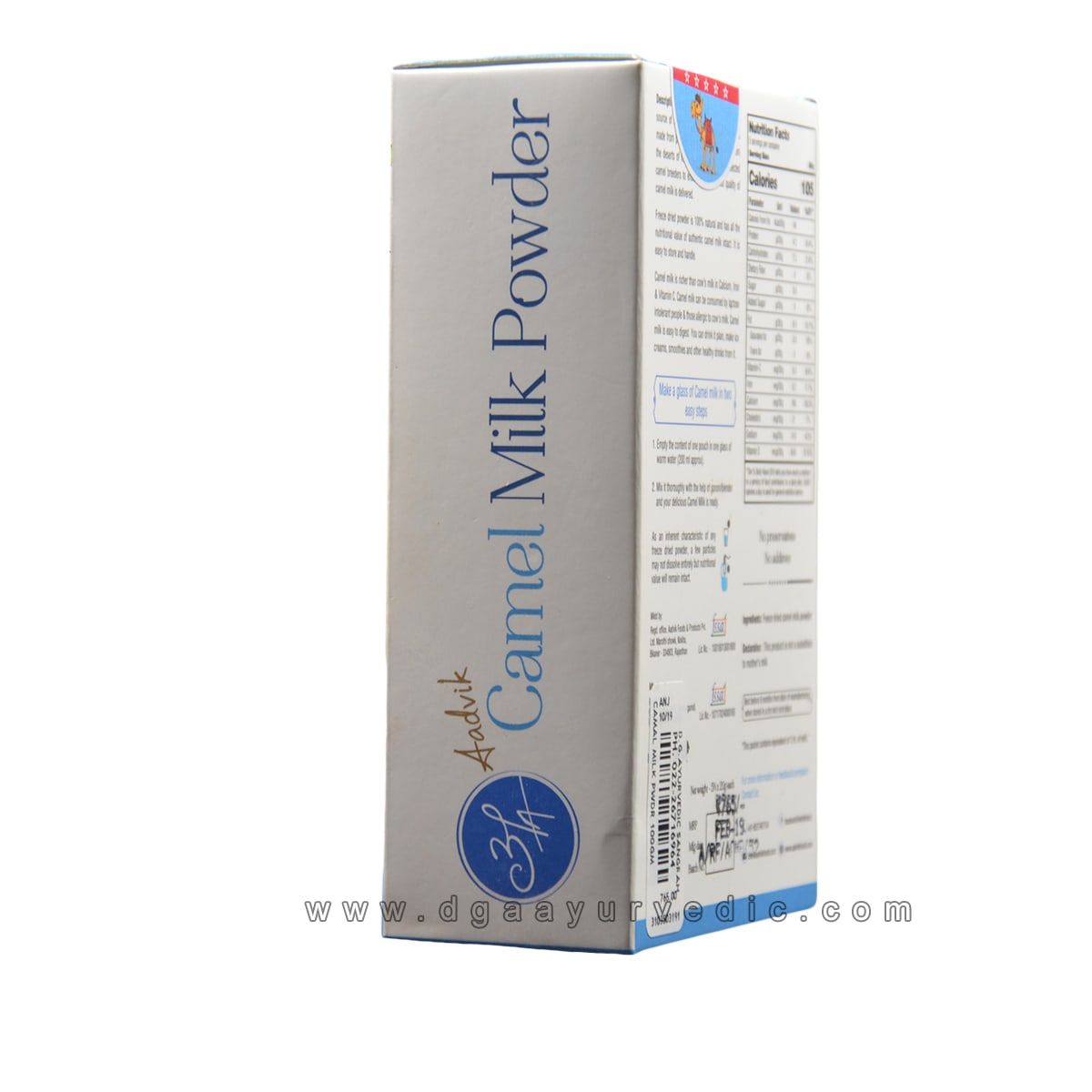
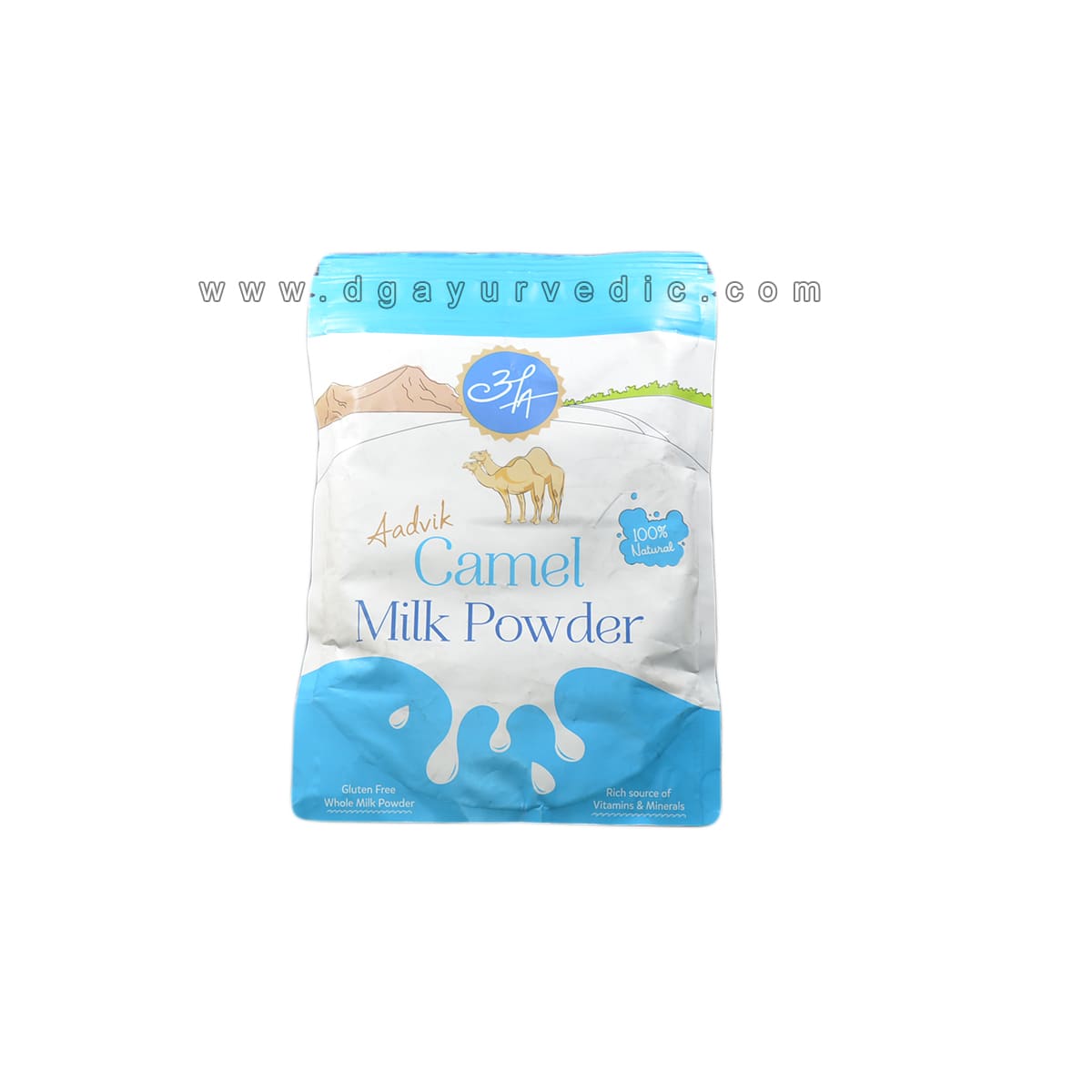
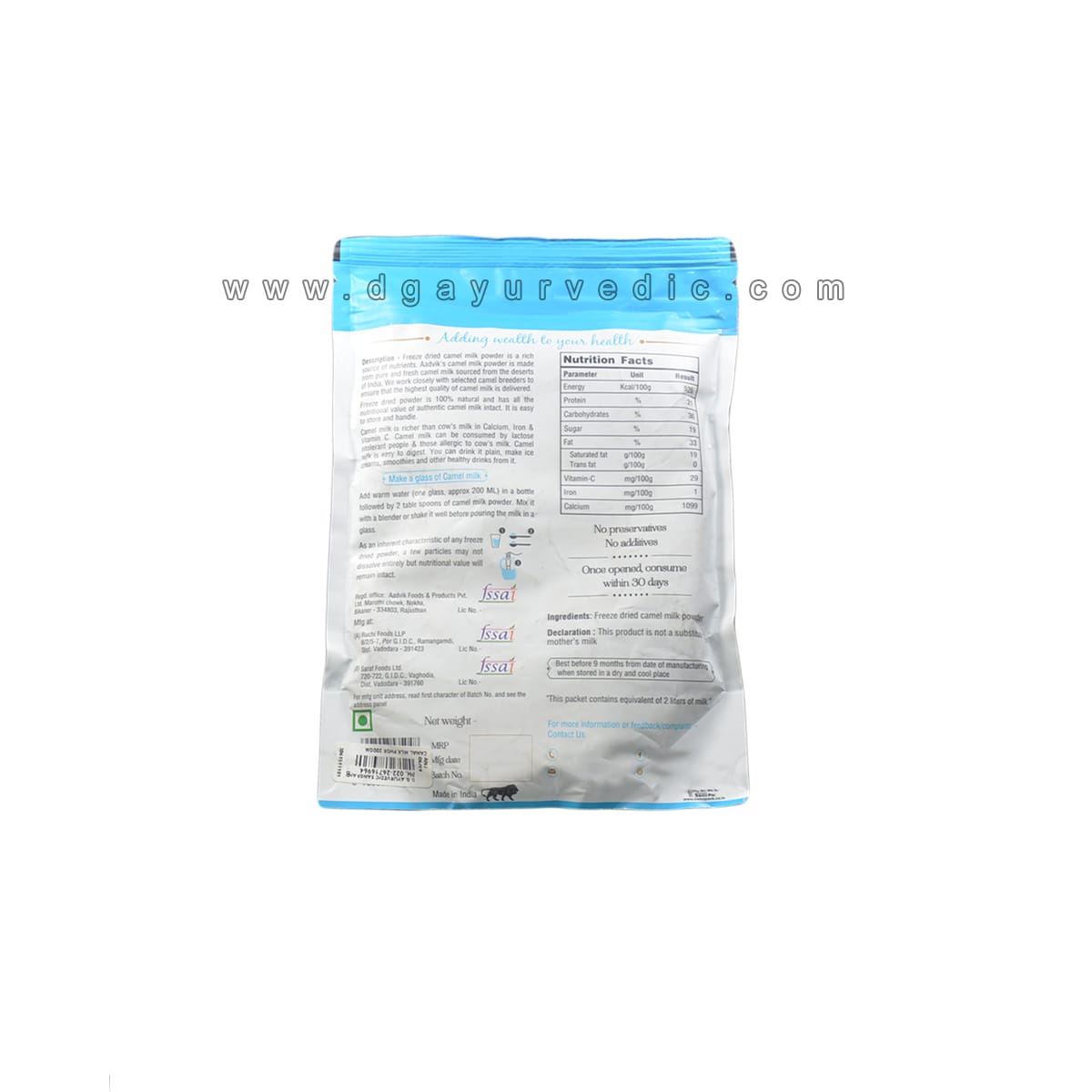
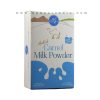
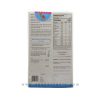
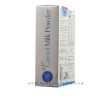
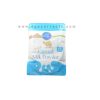
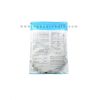

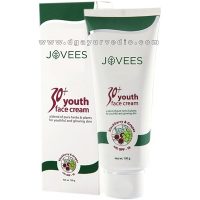
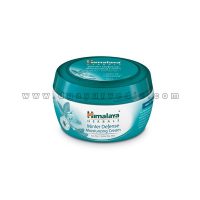
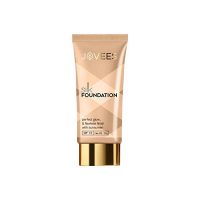
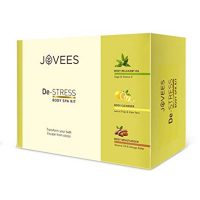
Reviews
There are no reviews yet.